
Presenters from SLEEP 2022 contextualized some of the recent research showing the impact of sleep disorders on aspects of mental health, including depressive symptoms and suicide.

Presenters from SLEEP 2022 contextualized some of the recent research showing the impact of sleep disorders on aspects of mental health, including depressive symptoms and suicide.
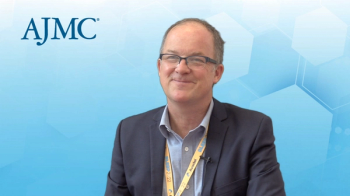
Michael Johnson, CEO of Rhinomed, expands on the findings of the 2022 Annual Global Sleep and Snoring Report conducted in February 2022, which found that people are not getting nearly as much sleep as they should.
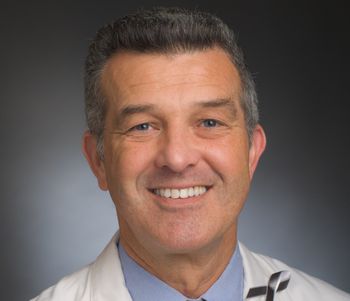
The results involve a pair of DNA medicines combined with cemiplimab, which is approved as Libtayo to treat other solid tumors. In this study, the regimen is designed to prime a T-cell response before a patient receives radiation.
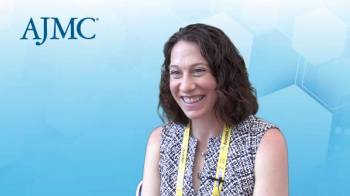
Behavioral and physiological components of type 1 diabetes and its management can contribute to worsened sleep and health outcomes, which can vary by age, according to Stacey Simon, PhD, sleep psychologist and associate professor, University of Colorado Denver, Children's Hospital Colorado.

Susan Redline, MD, MPH, the SLEEP 2022 meeting keynote speaker, catalogued the evidence proving that continuous positive airway pressure (CPAP) does improve health outcomes—refuting a recent controversial report that claims otherwise.
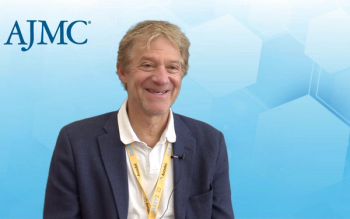
Opioids have been used for hundreds of years to treat restless leg syndrome (RLS), but there is currently a registry to understand the long-term effectiveness of opioids to treat RLS , said John Winkelman, MD, PhD, medical director, sleep disorders clinical research program, Massachusetts General Hospital.

A panel of experts at the SLEEP 2022 conference argued against considering race a risk factor for health complications and disrupted sleep, saying that being on the receiving end of racial discrimination is the true risk factor.
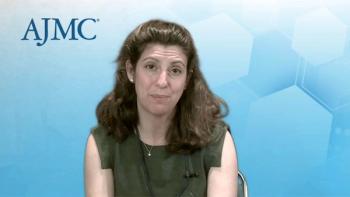
Kim A. Reiss, MD, assistant program director of the Hematology/Oncology Fellowship Program and assistant professor of medicine at the Hospital of the University of Pennsylvania, discusses pancreatic cancer research she presented at the 2022 American Society of Clinical Oncology Annual Meeting.
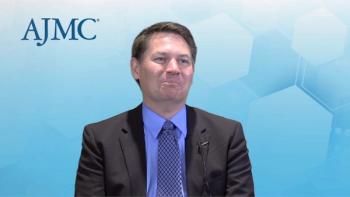
Joel W. Neal, MD, PhD, associate professor, Division of Oncology, Stanford Cancer Institute, is lead investigator on the COSMIC-021 trial, which is investigating cabozantinib plus atezolizumab vs cabozantinib alone in patients with advanced non–small cell lung cancer (NSCLC) as a possible second-line treatment beyond chemotherapy.
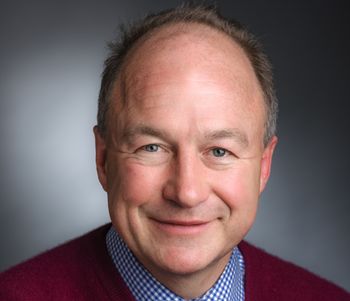
Results presented at the American Society of Clinical Oncology Annual Meeting showed a 21.4-month advantage for autologous stem cell transplant (ASCT) over a common triplet therapy in progression-free survival (PFS) but no advantage in overall survival (OS).
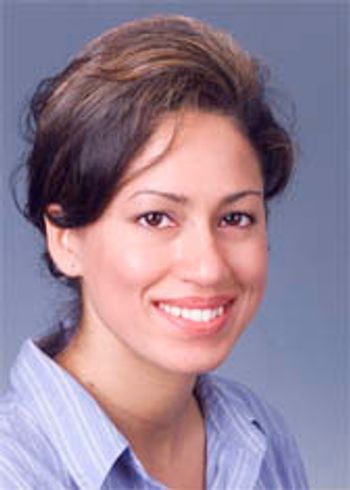
Practice-changing data from the DESTINY-Breast04 study, presented during the 2022 Annual Meeting of the American Society of Clinical Oncology in Chicago, show that trastuzumab deruxtecan reduced the risk of disease progression or death by 50% compared with chemotherapy for human epidermal growth factor receptor-2 (HER2)–low patients with both hormone receptor (HR)–positive and HR-negative disease.
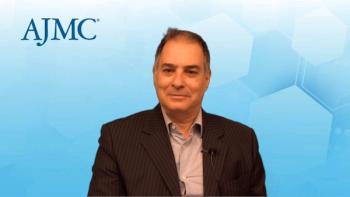
Thanos Zomas, MD, global medical lead, Lymphoma and Leukemia, and global medical lead, Adcetris Program, at Takeda Oncology discusses updated results from the ECHELON-1 study.

Posters from the SLEEP 2022 conference revealed some of the interaction between idiopathic hypersomnia and different aspects of life, including weight changes and interpersonal relationships.
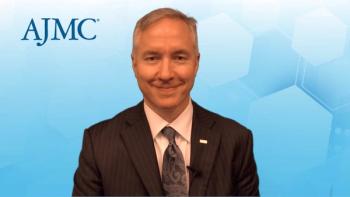
David R. Penberthy, MD, MBA, is medical director, Radiation Oncology, Bon Secours-Southside Medical Center in Petersburg, Virginia, and president of the Association of Community Cancer Centers for the 2022-2023 term.
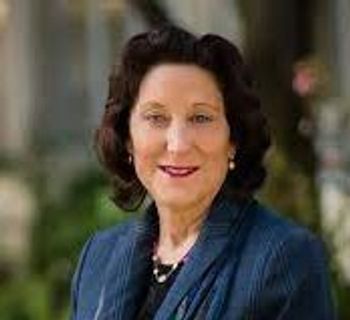
TROPiCS-02, a phase 3 study, was presented during a session on breast cancer at the 2022 Annual Meeting of the American Society of Clinical Oncology.
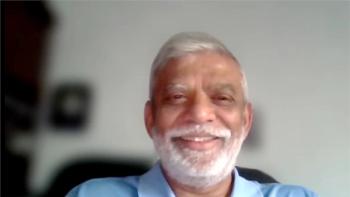
Kashyap Patel, MD, CEO of Carolina Blood and Cancer Care Associates, current president of the Community Oncology Alliance, and associate editor of Evidence-Based Oncology™, discusses his partnership with Sema4 and LabCorp and their joint goal to advance whole-exome sequencing (WES) for targeted oncology treatment.
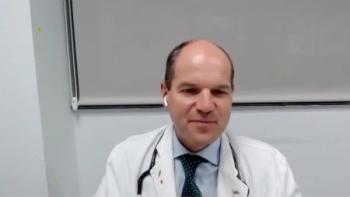
Enrique Ocio, MD, PhD, hematology department head, Marqués de Valdecilla University Hospital, Santander, Spain, discusses phase 1b trial results for subcutaneous (sub-Q) vs intravenous isatuximab, both formulations administered in combination with pomalidomide and dexamethasone for relapsed/refractory multiple myeloma (RRMM).
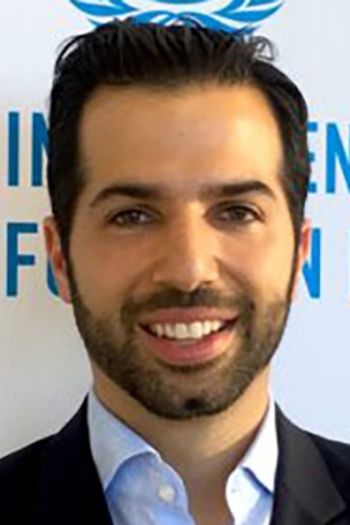
The collaboration, put in place through a Memorandum of Understanding, was presented Saturday in a keynote address by WHO Cancer Control Officer André Ilbawi, MD, during the presidential symposium at the 2022 American Society of Clinical Oncology (ASCO) Annual Meeting taking place in Chicago.
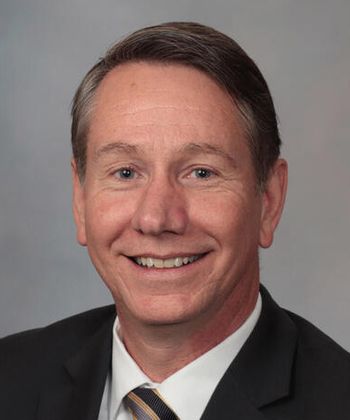
Data presented at ASCO show that after 6 years, patients with advanced Hodgkin lymphoma who were treated with a combination of brentuximab vedotin and chemotherapy had a sharply reduced risk of death and a reduced risk of a secondary cancer.

Findings from the phase 3 SHINE trial could make ibrutinib the standard treatment option for older patients with mantle cell lymphoma (MCL), who often cannot tolerate chemotherapy or transplant strategies, according to study authors.
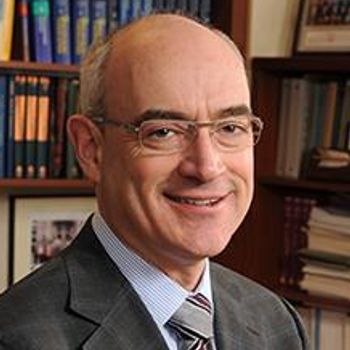
For the second year, the meeting will focus on health equity, as American Society of Clinical Oncology (ASCO) President Everett Vokes, MD, FASCO, has selected the theme “Advancing Equitable Cancer Care Through Innovation.”
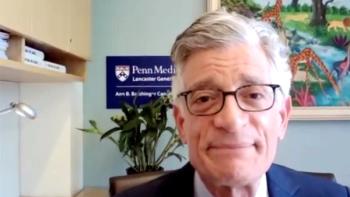
Randall A. Oyer, MD, medical director, oncology, and medical director, Cancer Risk Evaluation Program, Lancaster General Health, and clinical professor of cancer biology at Penn Medicine, discusses the recent American Society of Clinical Oncology/Association of Community Cancer Centers recommendations for improving diversity in clinical trials.

Kashyap Patel, MD, CEO of Carolina Blood and Cancer Care Associates, current president of the Community Oncology Alliance, and associate editor of Evidence-Based Oncology™, talks with us ahead of the 2022 American Society of Clinical Oncology (ASCO) Annual Meeting.
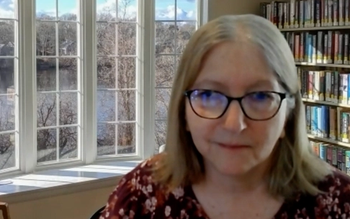
Susan Redline, MD, MPH, professor of sleep medicine and epidemiology, Harvard T.H. Chan School of Public Health, gives a preview of her SLEEP 2022 keynote and discusses her 30 years of sleep epidemiology advocacy.

From discussions on policies of time change to the neurobiology of narcolepsy, sessions at the SLEEP 2022 conference taking place June 4-8 will span a broad range of topics.

The organizations that can take on 2-sided risk are usually bigger and that’s not always better for health care, said Jayson Slotnik, partner, Health Policy Strategies, Inc.
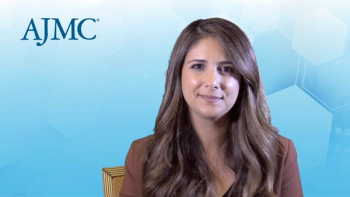
Alignment of incentives in the United States do not always support the use of biosimilars or other lower-cost alternatives, said Sonia T. Oskouei, PharmD, BCMAS, DPLA, vice president of biosimilars at Cardinal Health.
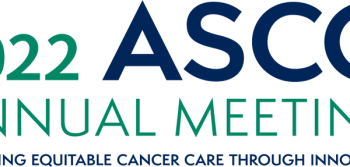
Data to be presented next week during the American Society of Clinical Oncology Annual Meeting show that for every 10% increase in public welfare spending, there was a 4.55% narrowing of the 5-year overall survival (OS) disparity between Black and White patients with cancer.
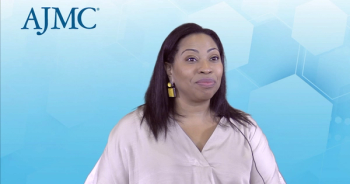
Jessica Brooks, MPM, president and chief executive officer, Pittsburgh Business Group on Health, spoke on the core themes of her keynote address related to diversity, equity, and inclusion at the 2022 Greater Philadelphia Business Coalition on Health annual conference.

Abstracts presented at Digestive Disease Week 2022 showed that RBX2660, an investigational microbiota-based drug, was more likely to reduce the recurrence of Clostridioides difficile infection (CDI) compared with placebo.

259 Prospect Plains Rd, Bldg H
Cranbury, NJ 08512
© 2025 MJH Life Sciences®
All rights reserved.
